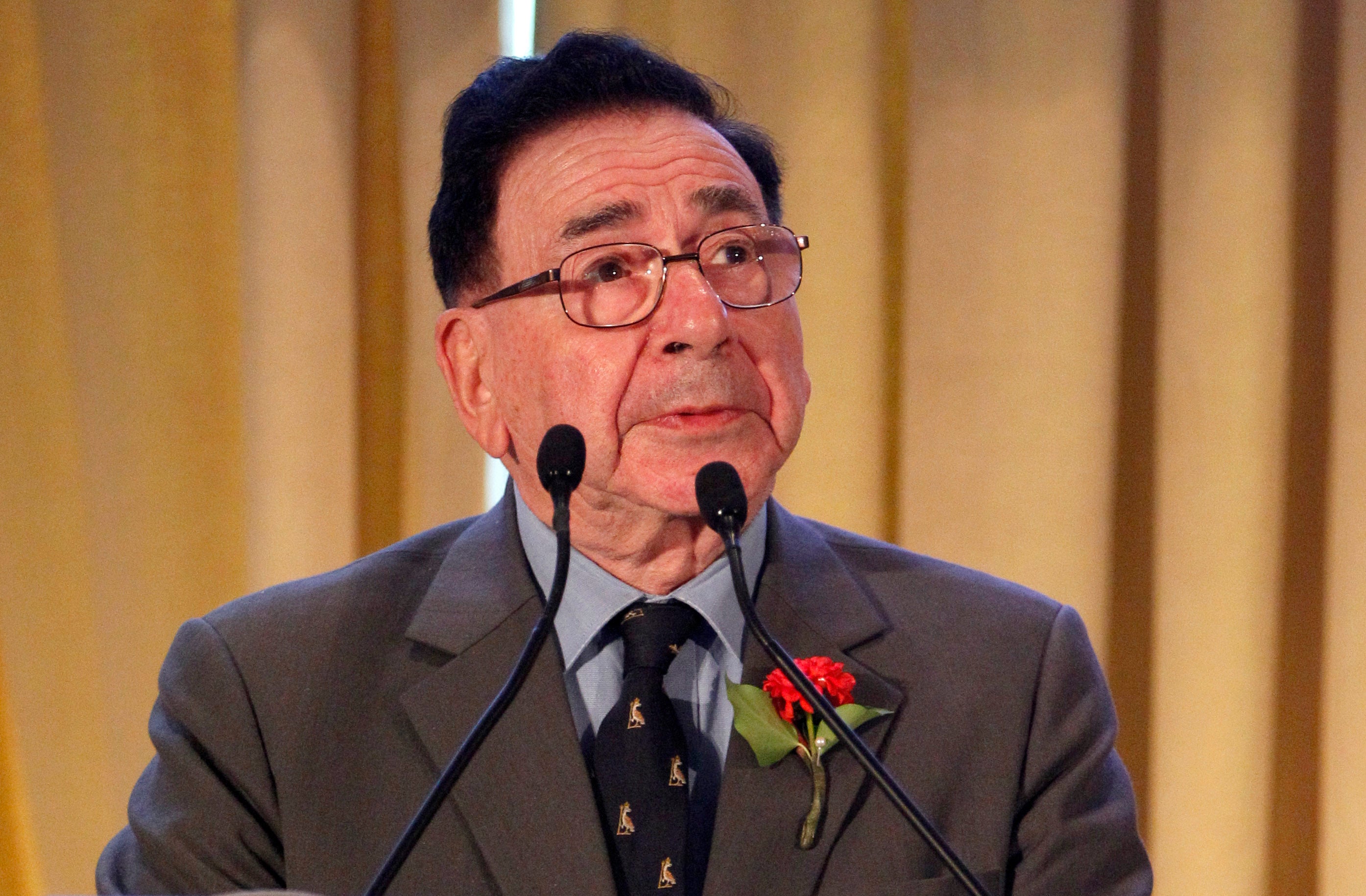Roy Calne, a surgeon who led Europe's first liver transplant, has died aged 93
Pioneering surgeon Roy Calne, who led Europe’s first liver transplant operation, has died aged 93

Your support helps us to tell the story
From reproductive rights to climate change to Big Tech, The Independent is on the ground when the story is developing. Whether it's investigating the financials of Elon Musk's pro-Trump PAC or producing our latest documentary, 'The A Word', which shines a light on the American women fighting for reproductive rights, we know how important it is to parse out the facts from the messaging.
At such a critical moment in US history, we need reporters on the ground. Your donation allows us to keep sending journalists to speak to both sides of the story.
The Independent is trusted by Americans across the entire political spectrum. And unlike many other quality news outlets, we choose not to lock Americans out of our reporting and analysis with paywalls. We believe quality journalism should be available to everyone, paid for by those who can afford it.
Your support makes all the difference.Roy Calne, a pioneer of organ transplantation who led Europe’s first liver transplant operation in 1968, has died aged 93.
Calne’s family said he died late Saturday in Cambridge, England, where he was professor emeritus of surgery at Cambridge University.
Born in 1930, Calne trained as a doctor at Guy’s Hospital in London and developed an interest in organ transplantation in the 1950s — partly inspired, he later said, by his father's work as a car mechanic. At the time he was told the procedure would be impossible.
He is considered one of the fathers of organ transplantation, alongside American scientist Dr. Thomas Starzl. Their work on the surgical procedure and treatment to prevent organ rejection was done initially on dogs. In 1960, Calne’s dog experiments demonstrated for the first time that a drug could fend off organ rejection. Starzl attempted the first human liver transplant in 1963. That patient died during the procedure.
The next several patients also died within weeks of their transplants, but the surgeries showed that transplanted livers could function.
“It was terrible at the beginning. We had so many dreadful complications,” Calne said in 1999.
In May 1968, Calne led a transplant operation on a 46-year-old woman with liver cancer, at Addenbrooke’s Hospital in Cambridge. The patient died two months later of an infection resulting from the immunosuppressive drugs given to prevent rejection.
Calne focused on finding better ways to stop patients’ bodies rejecting donor organs. He helped develop the breakthrough anti-rejection drug cyclosporine and was the first physician to administer it to transplant patients.
Anti-rejection drugs transformed patients’ survival chances, and liver transplants have saved thousands of lives since they gained wide acceptance in the 1980s.
Calne also helped carry out the world’s first triple liver, lung and heart transplant in 1986 and in 1994 led a six-organ transplant of liver, kidney, stomach, duodenum, small intestine and pancreas.
In 1974, Calne was elected as a Fellow of the Royal Society, the British national academy of science, and was knighted by Queen Elizabeth II in 1986.
In 2012, Calne and Starzl shared the prestigious Lasker Award for their research. In 2021, Addenbrooke’s Hospital named its transplant unit, one of Britain’s largest, after Calne.
Calne was also an accomplished artist who painted portraits of dozens of his patients and medical colleagues.